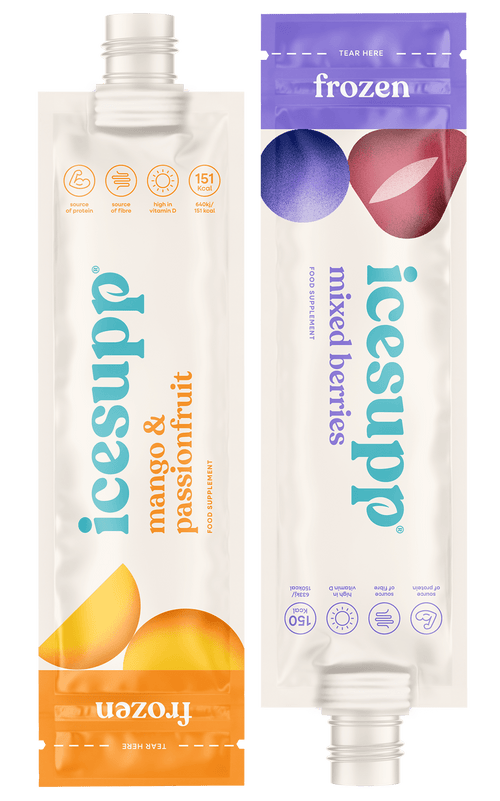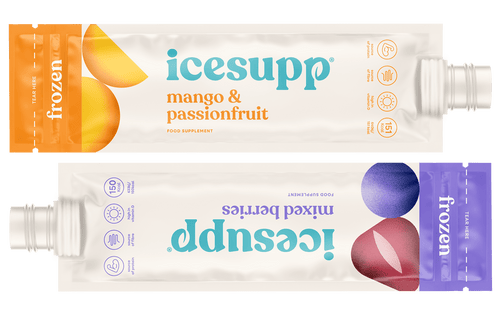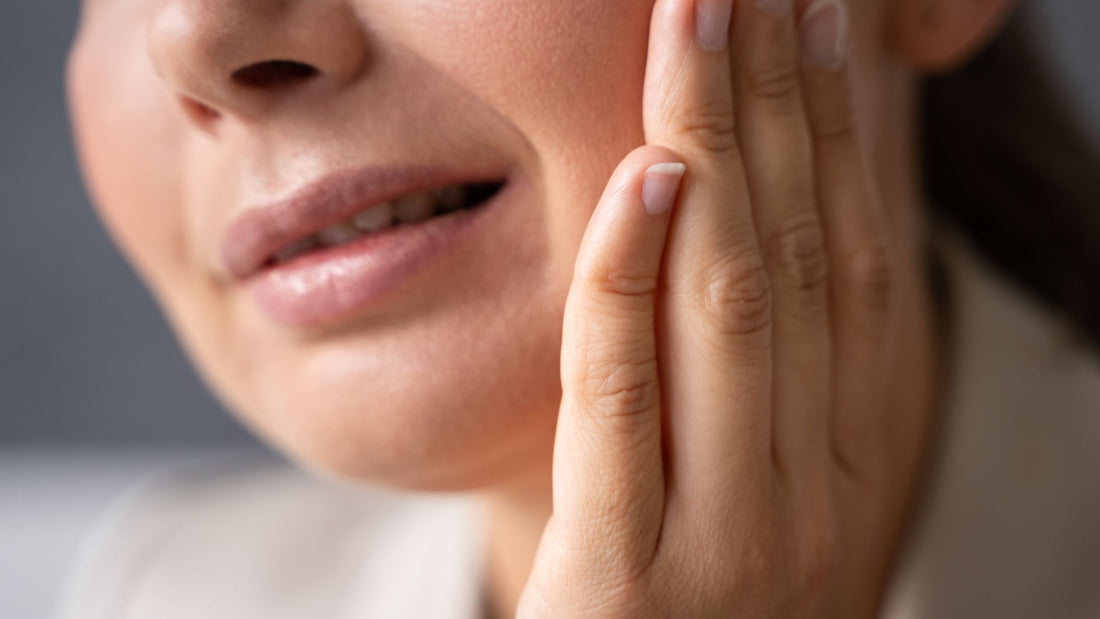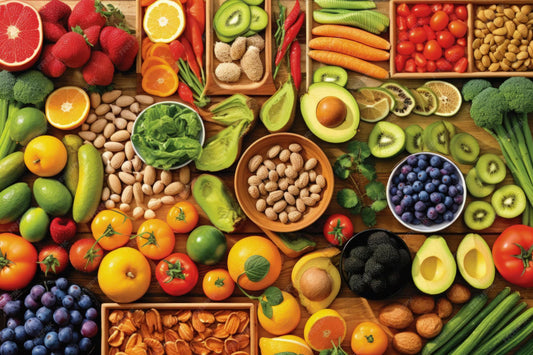Sore mouths are a frequent side effect of treatments like chemotherapy, immunotherapy, and radiotherapy. These therapies can damage the cells in your mouth or throat, leading to discomfort.
A sore or inflamed mouth is called mucositis. When someone has mucositis, they may experience mouth ulcers, bad breath or oral thrush (1).
Oral thrush is another common infection that can make eating and drinking uncomfortable and alter the way things taste. Thrush, which often appears as red areas with pale patches, can affect the inside of the mouth, throat, and tongue causing pain inside the mouth, an unpleasant taste and cracks at the side of the mouth (2).
Although these effects are temporary and usually improve after treatment, your doctor may prescribe medication to help ease symptoms. It's always a good idea to speak with your healthcare team if you experience any problems.
Having a sore mouth can lead to dryness and sensitivity, making it hard to eat or drink. Despite this, maintaining proper nutrition is essential throughout your treatment, as it impacts your overall well-being during and after your care. Keeping up your strength and weight is crucial as well.
In this blog, we’ve collaborated with Penny Brohn UK to share our top tips on how to eat and drink when dealing with a sore mouth. To read the blog on their website, click here. Or for more information on Penny Brohn UK and their cancer services, you can find out more here.
What types of foods are easiest to eat with a sore mouth?
Soft, moist foods are usually the most comfortable to eat when you have a sore mouth. Some great options include:
- Porridge made with full-fat milk
- Mashed potatoes or sweet potatoes
- Yogurt and puddings
- Smooth soups
- Scrambled eggs
- Smoothies
- Softened foods with dressings, sauces, or gravy for added moisture
What foods and drinks should I avoid with a sore mouth?
Some foods can aggravate a sore mouth, so it’s best to avoid them if possible:
- Spicy foods, which may cause a burning sensation
- Acidic foods like tomatoes, citrus fruits, and vinegar, which can sting
- Fizzy drinks, which can also irritate
- Rough or dry foods like crackers, chips, and toast that can scrape the mouth
- Alcoholic drinks, as they can cause further irritation
- Hot foods and drinks; opt for lukewarm or cool temperatures to prevent sensitivity
- Smoking, which can increase dryness
How can I stay hydrated?
Staying hydrated is key when dealing with a sore mouth. Here are some suggestions:
- Sip water regularly throughout the day—keep a bottle handy to take small sips often
- Avoid alcohol and caffeine as they can further dry out your mouth
- Use a straw to drink, which may reduce discomfort
- Chew sugar-free gum to encourage saliva production
- Try soothing ice lollies or ice cubes to help keep your mouth moist. You could also consider frozen nutritional supplements like icesupp.
Plant based iced sorbet that is enriched with key vitamins, minerals and protein with a boost of quality calories – and most importantly, it’s tasty! Plant based iced sorbet that is enriched with key vitamins, minerals and protein with a boost of quality calories – and most importantly, it’s tasty!Get the nutrition your body needs


How can I get enough calories and protein if eating and drinking is painful?
When eating is difficult, focus on nutrient-dense foods that are easier to consume. You can boost the calorie and protein content of meals without increasing portion sizes. For example:
- Add unsaturated fats like avocado, peanut butter, cream, or olive oil to increase calories.
- Include whole milk or full-fat yogurt for additional protein.
- Use honey, jam, or similar toppings to increase calorie content.
It’s important to eat when you feel most hungry. Track these times and try to eat during them. Smaller, more frequent meals can also help.
Planning ahead by preparing meals in bulk or keeping food in the freezer can be helpful on days when you don’t feel like cooking.
How can I keep my mouth clean without causing more pain?
Maintaining good oral hygiene is vital to prevent infections, even with a sore mouth. Use a soft-bristled toothbrush and brush gently. Avoid mouthwashes containing alcohol, as they can cause dryness and discomfort. Your doctor may be able to recommend or prescribe a mouthwash designed for sensitive mouths.
Macmillan suggests using saltwater rinses, which may help reduce soreness. To make a saltwater rinse, dissolve one teaspoon of salt in cold or warm water, swish it around your mouth, spit it out, and then rinse with plain water (3).
When should I see a Dietitian?
If you're finding it difficult to eat enough or manage symptoms, a dietitian can provide tailored advice and recommend suitable foods that won’t cause discomfort.
Managing a sore mouth during cancer treatment can be tough, but by focusing on soft, moist foods and avoiding irritants, you can maintain proper nutrition and hydration. Staying hydrated, eating nutrient-rich foods, and practicing gentle oral care are all essential steps. If you’re struggling, don’t hesitate to consult a healthcare professional for guidance specific to your needs. Taking these steps can help you stay strong and support your well-being throughout your treatment.
We hope you found this information helpful. If you have any further questions, feel free to email info@icesupp.com or you can check out the icesupp range here.
References:
1. NHS. Available online: https://www.nhs.uk/conditions/mucositis/ Accessed September 2024
2. NHS. Available online: https://www.nhs.uk/conditions/oral-thrush-mouth-thrush/ Accessed September 2024
3. Macmillan. Available online: https://www.macmillan.org.uk/cancer-information-and-support/impacts-of-cancer/mouth-problems#:~:text=Some%20chemotherapy%2C%20targeted%20therapy%20and,make%20chewing%20and%20swallowing%20uncomfortable. Accessed September 2024



